NEW YORK (AP) — During his first term as president, Donald Trump led the effort to ban TikTok, the hugely popular video-sharing site he said posed a threat to U.S. national security. But on the eve of his return to the White House, the president-elect is being hailed as the app’s savior.
After going dark for users this weekend, Trump said on his social media site that he would issue an executive order after he’s sworn in for a second term on Monday delaying a TikTok ban “so that we can make a deal to protect our national security.” He said the order would make clear that companies will not be held liable for violating a law that aimed to force TikTok’s sale by its China-based parent company. Hours later, the app returned, to the relief of its legions of dedicated users.
“Thanks for your patience and support. As a result of President Trump’s efforts, TikTok is back in the U.S.!” read the announcement.
Trump’s legal authority to unilaterally decide not to enforce the law, which passed with overwhelming bipartisan support in April and was upheld by the Supreme Court on Friday, is unclear. But the rapid developments over the weekend served as a reminder of how dramatically debates over technology, social media and national security have changed since Trump was last in the White House. It also signaled how closely Trump is following those shifts after waging a successful campaign in which he made inroads with voters in part by harnessing the appeal of some social media platforms.
Trump can now take credit for reviving an app with 170 million users that is especially popular with younger Americans, many of whom spend hours a day on the platform to get news, make money and find entertainment.
“This is one of those things where the domestic politics has become so upside down and crazy that it turns out there’s only upside for Trump now,” said Bill Bishop, a China expert who has been closely following the back-and-forth. If the ban ends up being enforced, he said, Trump will say it was on outgoing President Joe Biden’s watch. “And if it does come back then Trump is a savior. And he will be rewarded both by users” as well as the company, which he said is now “beholden to Trump” and will have an incentive to make sure content on the platform is favorable to him.
TikTok’s move comes as tech companies and CEOs have been been working furiously to improve their standing with Trump. X owner and Tesla CEO Elon Musk has enjoyed unprecedented access to the president-elect after spending more than $200 million and personally campaigning to help him get elected.
Meta CEO Mark Zuckerberg met with Trump at Mar-a-Lago and reshaped his social media platforms’ policies to align more closely with Trump’s worldview earlier this month, ending third-party fact-checking, loosening rules against hate speech, ending his company’s diversity and equity policies and naming Dana White, the president and CEO of Ultimate Fighting Championship and a familiar figure in Trump’s orbit, to its board.
OpenAI CEO Sam Altman, Amazon, Meta and Google have all pledged to donate $1 million each to Trump’s inaugural fund.
The companies have a lot on the line, including regulatory challenges. Although federal regulators began cracking down on Google and Facebook during Trump’s first term as president — and flourished under Biden — most experts expect his second administration to ease up on antitrust enforcement and be more receptive to business mergers.
TikTok also worked to curry Trump’s favor, with CEO Shou Chew meeting with him at Mar-a-Lago in December and later present in Washington over the weekend for Trump’s inauguration. In a video responding to the Supreme Court decision, Chew was careful to praise Trump and cast the app’s fate as dependent on him.
“On behalf of everyone at TikTok and all our users across the country, I want to thank President Trump for his commitment to work with us to find a solution that keeps TikTok available in the United States,” he said. “We are grateful and pleased to have the support of a president who truly understands our platform.”
When the app went dark, it had initially posted a simple message informing users of the change, but later updated the language to include Trump.
“Sorry, TikTok isn’t available right now,” it read. “A law banning TikTok has been enacted in the U.S. Unfortunately, that means you can’t use TikTok for now. We are fortunate that President Trump has indicated that he will work with us on a solution to reinstate TikTok once he takes office. Please stay tuned!”
The federal law had required TikTok parent company ByteDance to cut ties with the platform’s U.S. operations by Sunday. The Biden administration had stressed in recent days that it did not intend to enforce the ban before Trump took office. But TikTok said it would nonetheless “go dark” because the Biden administration had not provided “necessary clarity and assurance” to service providers — a stance outgoing Deputy National Security Adviser Jon Finer cast as disingenuous.
“Frankly, it doesn’t feel completely on the level,” he said on ABC’s “This Week.” “I think we were extremely clear that there was no need to take this action,” he said.
Trump said in an interview with NBC News on Saturday that he was considering granting ByteDance a 90-day extension to sell. ByteDance has repeatedly refused to sell, but the company is being eyed by investors including Trump’s former Treasury Secretary Steven Mnuchin and billionaire businessman Frank McCourt.
Sarah Kreps, director of Cornell University’s Tech Policy Institute, said there was no evidence ByteDance had made any meaningful progress toward divestiture, “so I don’t see how, by any measure, it would legally meet those conditions.”
“Further, an Executive Order cannot legally override or cancel a law that Congress passed,” she said. “Laws enacted through the legislative process have a higher legal standing and an EO that conflicts with the existing law, the law takes precedence and the EO would likely be struck down by the courts.”
Sen. Tom Cotton, the Republican chairman of the Senate Select Committee on Intelligence, warned Sunday that there is no legal basis for the kind of extension Trump is pursuing.
“Any company that hosts, distributes, services, or otherwise facilitates communist-controlled TikTok could face hundreds of billions of dollars of ruinous liability under the law, not just from DOJ, but also under securities law, shareholder lawsuits, and state AGs,” he wrote on X. “Think about it.”
Trump, in his Sunday post, proposed new terms of a deal in which he said the United States would have “a 50% ownership position in a joint venture” that would be “set up between the U.S. and whichever purchase we so choose.” But the details remained murky and it was unclear whether Trump was proposing control by the U.S. government or another company. Trump did not elaborate during a rally Sunday night, where he hailed the move.
“As of today, TikTok is back,” he said. “We have no choice. We have to save it.”
Though Trump sought to ban TikTok during his first term, he reversed that stance during his 2024 campaign, when he came to believe a ban would help the app’s rival, Facebook, which he held responsible, in part, to his 2020 election loss to Biden.
Trump ended up joining the app last year and has grown his following to nearly 15 million users. He has since credited the app for helping him win over young voters.
“I have a warm spot in my heart for TikTok,” he said during a December news conference. “TikTok had an impact.”
___
Ortutay reported from Oakland, California. Associated Press writers Charlotte Kramon and Nadia Lathan contributed to this report.
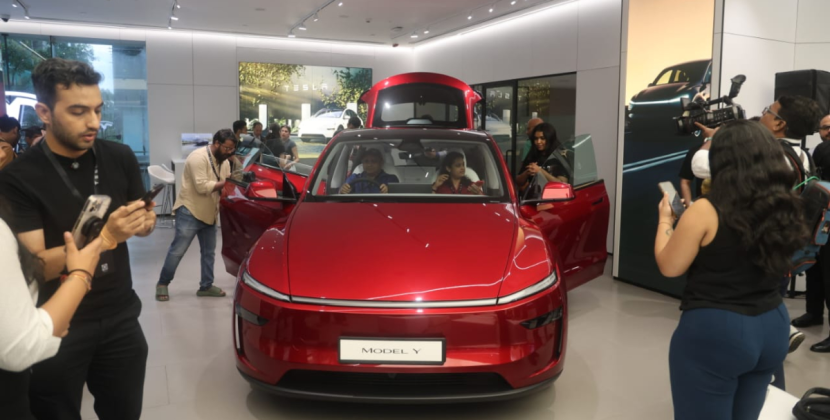

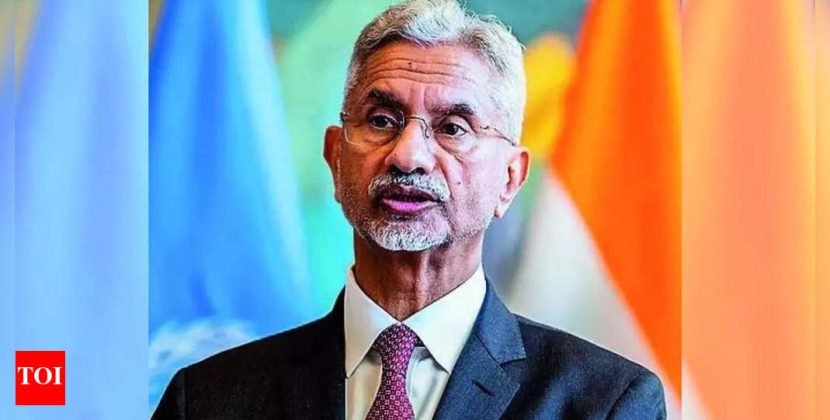
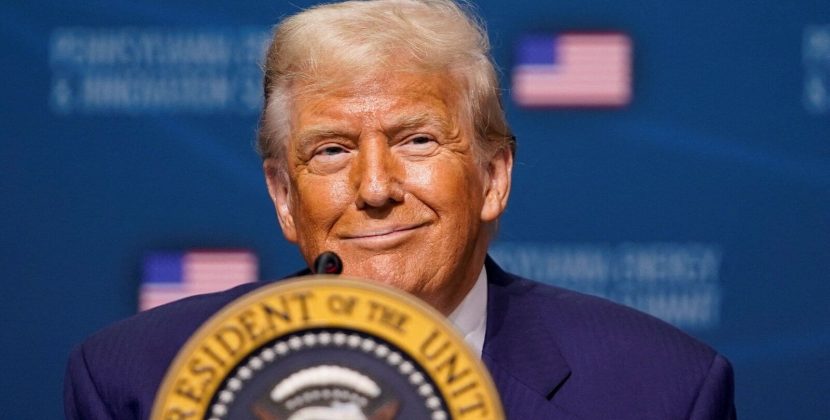





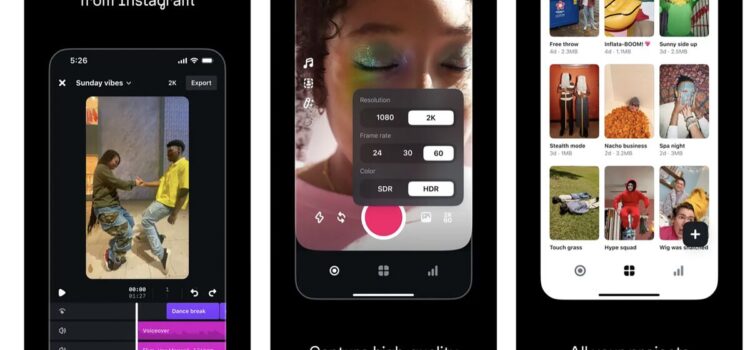



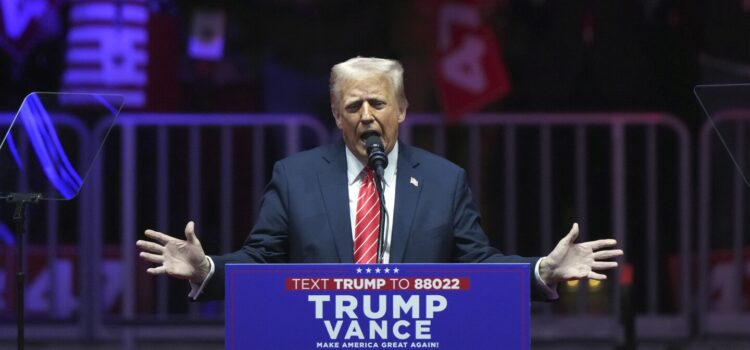

Comments